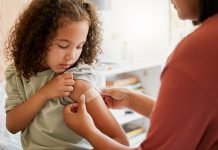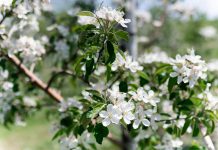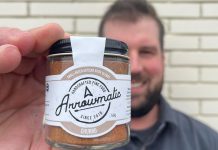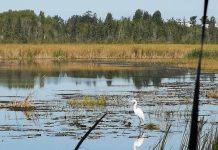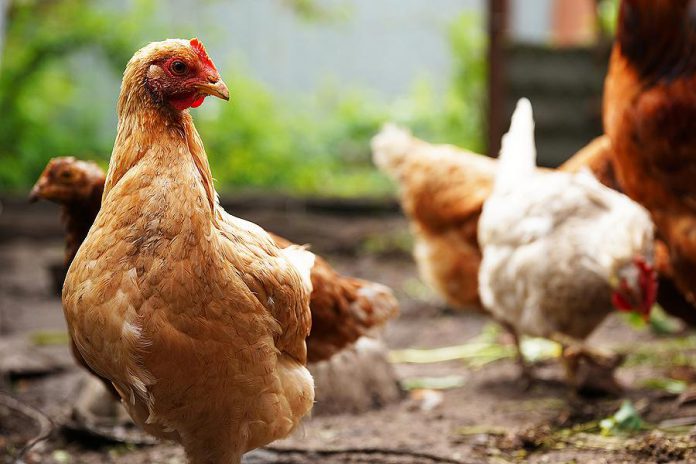Peterborough Public Health is investigating a confirmed report of avian influenza (H5N1) discovered in a backyard flock located in Selwyn Township, noting that the risk to human health is low.
This is the fifth report of the highly pathogenic virus confirmed by the Canadian Food Inspection Agency (CFIA) in Ontario since March 27. Avian flu has also been found in poultry flocks in the townships of Guelph/Eramosa, Zorra, and Woolwich, as well as in a backyard flock in the Township of Chippewas of Nawash Unceded First Nation.
Each infected premise has been placed under quarantine, according to the CFIA website, which points out H5N1 is spreading in wild bird populations across the globe and presents a “significant national concern” as birds migrate to Canada. Avian flu was detected in Newfoundland and Labrador in December and January and in Nova Scotia in February and March. In April, three cases of avian flu have been detected in Quebec geese.
“The risk to human health remains low and we are not aware of any local human cases at this time,” says Peterborough medical officer of health Dr. Thomas Piggott in a media release. “The virus does not easily cross from birds to humans, and the current strain is listed as being of ‘lower than normal’ concern for spreading to humans.”
Avian influenza is a viral disease that affects mostly domestic poultry and wild birds such as geese, ducks, and shore birds. Wild birds, especially waterfowl, are a natural reservoir for mild strains of avian influenza. The highly pathogenic H5N1 strain H5N1 is known to kill both wild birds and commercial poultry
The spread of H5N1 in wild and commercial poultry in Ontario has been primarily attributed to the migration of infected waterfowl.
Dr. Piggott says the health unit is working closely with provincial and federal partners, including the Ontario Ministry of Agriculture, Food and Rural Affairs and CFIA, on the investigation.
The health unit advises residents not to touch any wild bird (including waterfowl) that is sick, injured, or dead. Any sick or dead birds (including waterfowl) should be reported to the Ontario Regional Centre of the Canadian Wildlife Health Cooperative at 1-866-673-4781.
Those with backyard chickens or other domestic birds can get more information related to prevention and detection of disease in backyard flocks and pet birds by calling CFIA at 226-217-8022 or by visiting the CFIA website.
Transmission of avian influenza to people from the consumption of undercooked eggs or poultry is unlikely. As a general practice, food safety measures should always be practised when handling poultry and egg products such as washing hands before and after food handling, keeping products separate to prevent cross-contamination, cleaning and sanitizing all surfaces, and fully cooking poultry products.
For more information about avian influenza, visit the Peterborough Public Health website.



